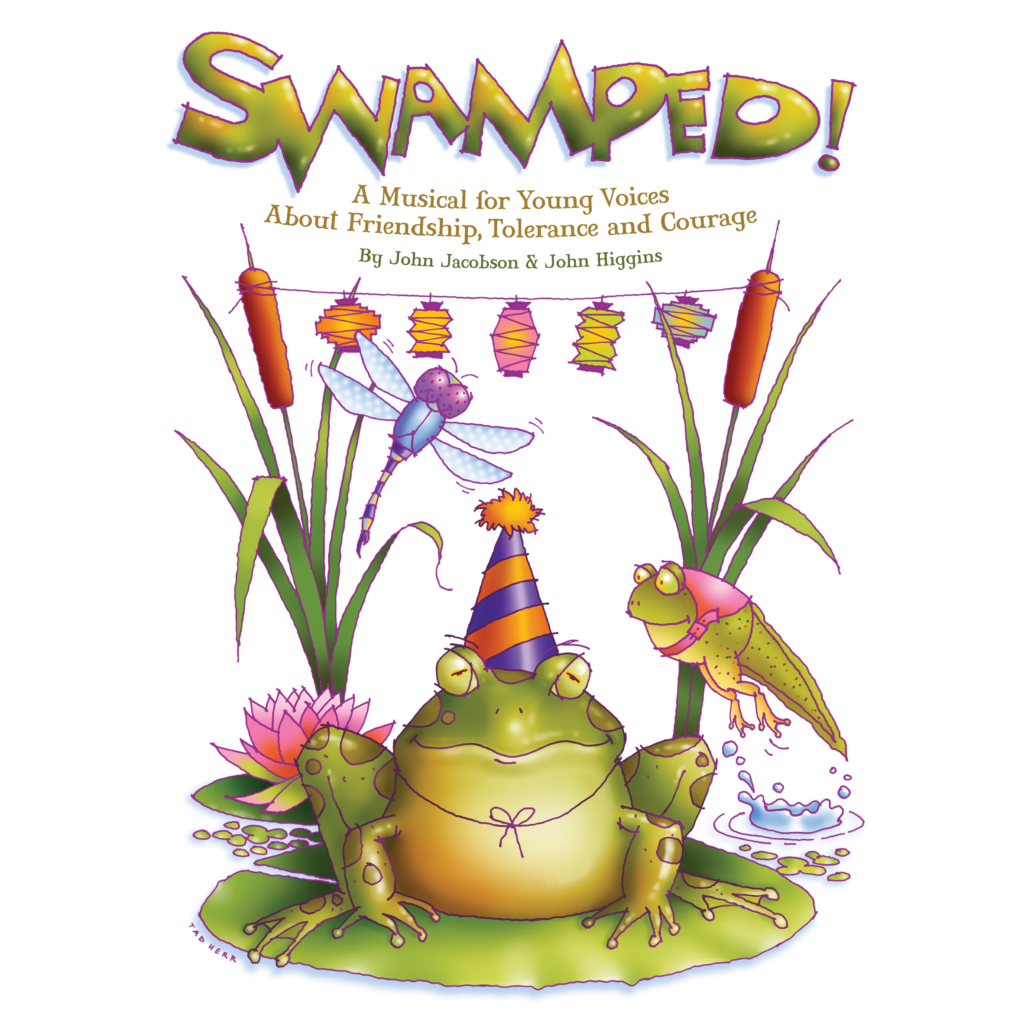Singing Lessons for Kids

There’s a wealth of research that proves the benefits of singing on health and wellbeing across the lifespan. Singing classes for kids and teens, regardless of their vocal talent, is a great way to build life-long skills.
Anyone with the ability to talk has the ability to sing, and there are multiple PAA classes that students will benefit from. The vocal skills your child will learn will be utilized throughout other aspects of their life, whether they continue singing or not.
- BUILDS AUTHENTIC SELF-CONFIDENCE
The release of endorphins gives singers a positive feeling and an energy boost. The act of learning a new skill, improving, and being part of a group also helps to influence confidence and self-esteem. Singing helps you believe in yourself, increasing self-efficacy. Through the journey of learning a new skill, engaging with others and performing (even if it’s just within the confines of the group itself), you begin to believe in yourself more and in your power to succeed having long-term impacts in other aspects of your life. Research with The Choir With No Name, a homelessness charity, found 60% of participants in a singing group went on to volunteer, get a job or move in to more stable accommodation. - SUPPORTS ACADEMIC LEARNING
Your child will be able to apply the tools and tactics they learn in their voice lessons to their school studies. Yes, you read that right! Singing and music enhance certain skills such as listening better, language, reading comprehension, and even exercises areas of the brain that are utilized for math. Singing lessons provide a positive effect on your child’s academics.There was a study done by Chorus America evaluating the benefits of singing in children and how it affected their academics. The study proved that the children who sang had a higher academic skill set, as well as enhancing social development for success in life. Children developed valuable life skills, just from singing. Learning music actually changes the structures within your child’s brain, influencing them for decisions later in life. - IMPROVS MEMORY
Along with brain development, children will succeed in retaining improved memory. Practice and repetition of singing in voice lessons, along with the rotation of the same voice warm-ups can attribute to a child’s memory since it becomes routine. The ‘left’ versus ‘right’ brain studies shows that when utilizing the left side practicing singing and music, verbal memory is enhanced as well. Your brain gets trained to remember!When you work on your memorization skills you improve other areas of your learning as well that include focus and concentration. - DEVELOPS COMMUNICATION SKILLS
Vocal coaching focuses on more than just the singing itself: certain things like articulation and diction, intonation and tone are all factors that are practiced for better and proper singing. Children will develop the ability to recognize patterns in vocabulary. These skills carry out into the world, helping your child to be a better public speaker, reader, and communicator. They can recognize certain body languages and facial expressions on others and adjust their speech to communicate more effectively. - CREATES CONNECTIONS & RELATIONSHIPS
Singing improves social bonding and social cohesion. Singing is an intimate activity and when you share it with others, it helps strengthen bonds. Research has shown that group singing (no matter the quality of the results) is an excellent icebreaker and has even been shown to synchronize the heartbeats of those people singing together. When people have mental illness, creating and sustaining social bonds is critical in combatting loneliness and depression.Singing together creates a strong sense of community and social inclusion. Singing with others enhances the possibilities of empathic relationships and generates a positive group identity. Social inclusion is a key part of recovery for people with mental health needs. Feeling connected to others is not only important in terms of having a social and emotional support system where you feel loved, esteemed and valued, it also encourages healthier behavior patterns and has a positive influence on overall physical health.
- REDUCES STRESS
Singing is a mindful activity. So much is going on in your body and mind when you sing that when you are singing you are fully focused on it. This allows you to ‘turn off’ your stream of consciousness and live completely in the moment, distracting your mind from negative thoughts, focusing on the sound, the action, the breathing, the feeling and the pleasure of song. Mindfulness has been shown to have many benefits, including reducing stress and increasing focus.
We love having FUN while teaching music, singing, and voice skills to students. Join one of our voice classes and give your child skills that will last a lifetime!
Fall Shows
Summer Shows
PAA Awards























